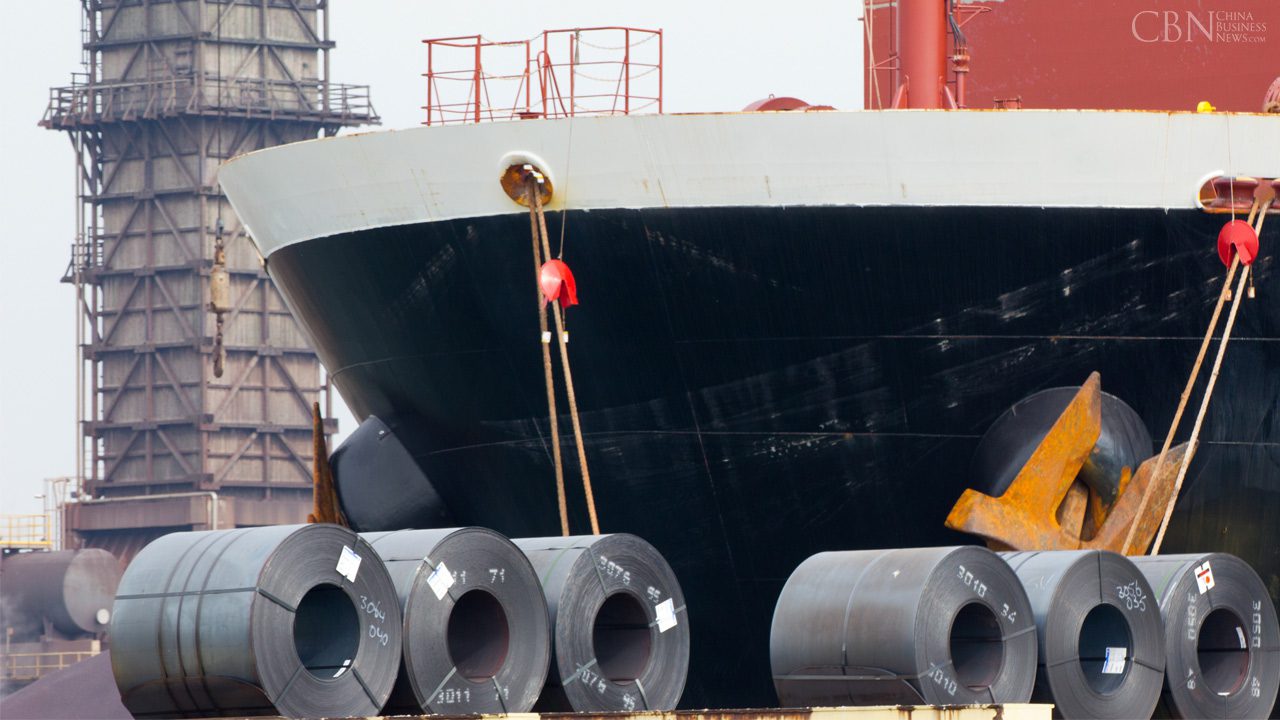A BBC News article published on June 1, 2018 reported that the United States is playing a “dangerous game” when it comes to the tariffs imposed on steel and aluminum from Canada, Mexico, Japan, and the European Union. Of course, the United States has already separately imposed tariffs on Chinese goods such as agricultural resources, steel, and technology, which by itself is “dangerous” since China is a huge exporter of affordable and in-demand goods. With the newly imposed tariffs, other countries are promising to retaliate.
Many people and entities throughout the world, including global government agencies, are concerned that a full-blown trade war could break out, which would have serious consequences on numerous countries. Dwyer Gunn of Pacific Standard indicates that a trade war could potentially increase prices and reduce economic activity, which are the exact factors that the United States has been trying to recover from since the Great Recession.
According to a CNN Money article published on May 31, 2018, Mexico has already promised that the country will retaliate with “comparable penalties” on some goods including foods like pork, cheese, and produce. The article also refers to the European Union’s threats of harsh penalties on products like cigarettes, denim products, peanut butter, and motorcycles. Canadian Prime Minister Justin Trudeau calls the new tariffs “totally unacceptable” and promised retaliation beginning on July 1st. A Japan Times article published on June 1, 2018 reported that Japanese Prime Minister Sinzo Abe stated the country “can’t accept” the tariffs and has asked the U.S. for exemptions, especially on automobiles including those made by Toyota Motor Corp. As with the other countries, Japan has threatened to impose steep tariffs on U.S. goods in retaliation.
An article written by David J. Lynch and Damian Paletta on March 1, 2018 in The Washington Post reported that U.S. President Donald Trump decided to impose “punishing” tariffs on steel and aluminum imports. Despite backlash, even by several prominent Republican leaders, he claimed that these would allow the country to “regrow” its industries. This, however, is causing immense anxiety for some automakers and car dealerships because if prices increase, sales may decrease despite the low unemployment rate and higher consumer confidence.
Ken Strong of CBT News provided a bleak outlook on the tariffs and their potential impact on the auto industry. Despite (hopefully) fulfilling Trump’s promise of creating and keeping jobs here in the U.S., the tariffs could have a very negative impact on automakers. Other countries (e.g. Mexico, Japan, etc.) would still have access to the global economy’s steel, meaning it would still cost them as much as it does now. However, Strong reported that the U.S. could suffer due to the “rise in raw material costs,” which is concerning because auto sales are already very volatile and if the tariffs turn out to be ineffective for their intended purpose, the damage could be extreme.
Throughout Trump’s campaign, he constantly pushed for more U.S. jobs and less dependency on other countries. Though this would greatly benefit the country for obvious reasons, it won’t be easy. The new tariffs on countless types of goods (not just steel) from all around the globe are risky and could come back to haunt the country should the world retaliate as they are promising. With severe uncertainty looming, automakers and consumers will just have to hope for the best.








